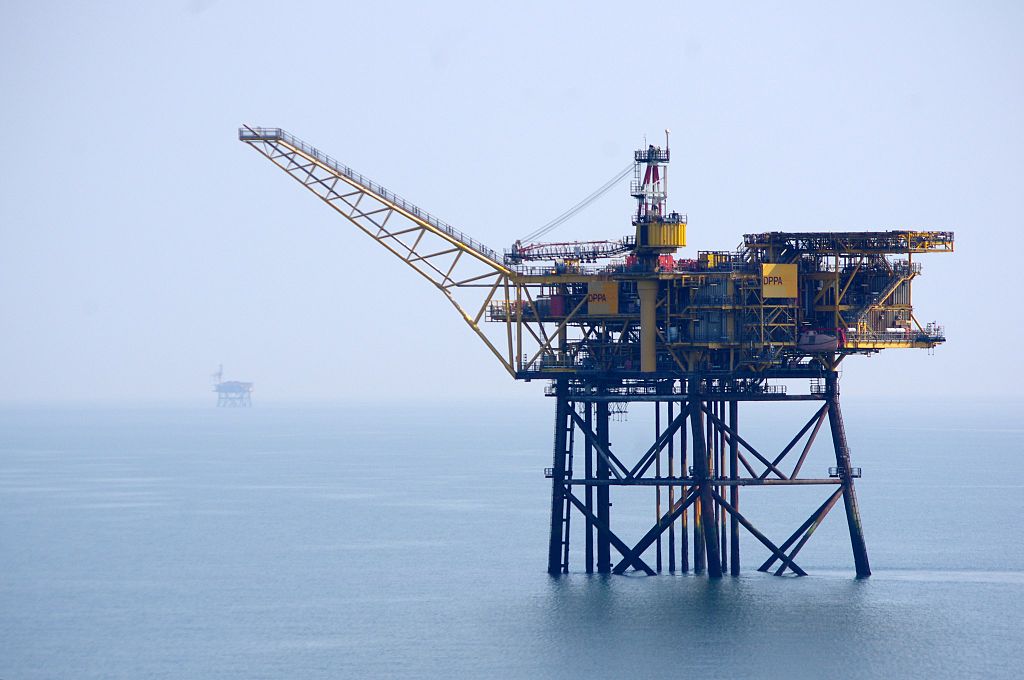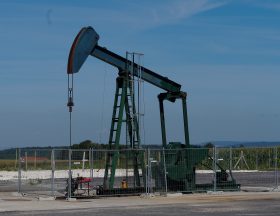
Wednesday 21 August 2019
Last update on Wednesday, August 21, 2019 At 9:34 AM
Top 5 - Articles & Vidéos
-

Algeria ranks first among countries in terms of oil exploration in Africa
-

Gaza: What is the reality of the economic situation in the Palestinian Territories?
-

Israel: The economic situation is deteriorating and the markets are granting it less favorable conditions
-

Egypt and China sign new agreements to consolidate the two countries' global strategic partnership
-

Libya sees its economic growth forecast lowered to 7.7% in 2024 compared to a previous estimate of 9.5%





Réagissez à cet article